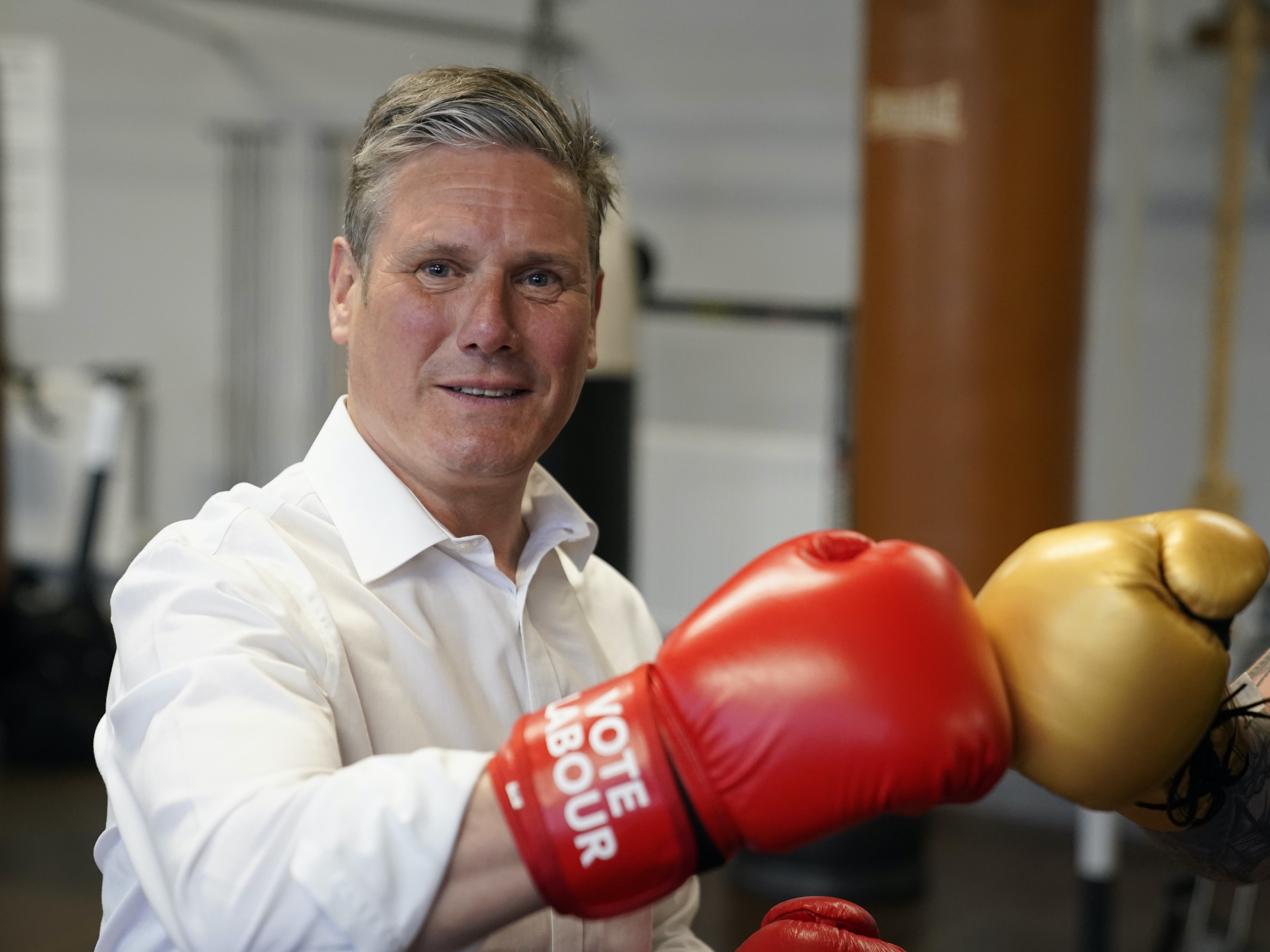Talk of politics always creates tensions – how do we avoid a fallout during the local elections?
We don’t have to stop debating tricky subjects altogether to remain on friendly terms with our loved ones, says Ruth Cooper-Dickson. So how do we do it when tensions are running so high?


The local elections are yet another diary event that will no doubt see relationships between families, colleagues and friends pushed to the limit. It’s nothing new, while talk of politics has always created tensions (and many still say it should never be discussed at the dinner table), the past few years has seen a polarisation of views like never before. Brexit, Covid, the Black Lives Matter movement, snap elections, US elections – Boris Johnson’s wallpaper. It’s fair to say emotions are running high and we’ve been hit with one divisive topic after another.
However, we don’t have to avoid these topics of conversation altogether to remain on friendly terms with our loved ones – we can learn to navigate such situations without the kind of family fallout we might see in an EastEnders Christmas special. So how do we do it when tensions are running so high?
First of all, if you’re the one instigating the conversation, think about why you want to have the conversation. What is your motive or intention? It’s worth taking a breath and considering this because, as I read on many occasions on social media around the height of the BLM movement, opinions amongst family members and friends were so polarised that many people separated or stopped speaking. If you know that somebody’s view is so vehemently opposed to yours, what is it you’re trying to do? Inform? Educate? Change their strongly held views? Take a moment to think, is it worth it? Are you likely to change hearts and minds, or likely to risk a catastrophic family fallout? If it’s the latter, there’s no right or wrong answer about whether or not to pursue the debate, just think about what’s most important to you.
Of course, you might not be the one keen to proactively welcome political debate when you’re trying to switch off from the world, but if it does come up, there are many ways we can better deal with the conversation and avoid conflict.
This is where we can use some of the techniques used in motivational interviewing such as the OARS Technique (Open-ended, Affirmation, Reflection and Summary).
So firstly, ask open-ended questions such as how, why, or tell me? It helps you better understand that person’s perspective but also demonstrates a genuine interest in what the person thinks, rather than being seen as you simply trying to reinforce your own argument. You might not agree with their views, and in some cases their views might upset you, but by showing that you are prepared to listen authentically, you are already somewhat diffusing the tension – and more likely to get a better response when you make your case too.
Secondly, affirm what they are saying. If they suggest that a situation/policy/party makes them feel X, you can acknowledge how difficult that must be for them. Regardless of who is right or wrong, you are acknowledging and legitimising somebody’s feelings which is key.
Next, reflect back what they’ve told you. Seek to understand, not to be understood. Clarify their points to ensure you do understand where they are really coming from, and to ensure that you’re not putting your own spin or bias on it. It also gives them an opportunity to hear what they’ve said played back and reflect on whether they are communicating it clearly themselves.
Finally, summarise what they’ve said in terms of their point.
While this all sounds fairly straightforward, we know in reality that actively listening, especially on topics that carry lots of weight or emotion, can be truly exhausting. Remember to try not to anticipate what somebody might think or say before they’ve said it. To be present for true listening, you need to remove your judgment, which can be incredibly difficult.
Another top tip during these difficult conversations is to use “I” statements – eg. I feel, I think, I’ve read, I’ve learnt. It brings it back to you and your experience. So you’re not saying “Johnson did this” or “Starmer did that” (unless you’ve seen it with your own eyes, of course) but you’re instead saying you’ve read several reports on it, for example. It turns inflammatory statements into more inviting ones. But on the other side of the coin, don’t be tempted to respond to “I” statements by saying “but you’re wrong” – that will really escalate the situation and turn it into a personal attack. Challenge, of course, but don’t dismiss.
Try to leave a conversation with some common ground – you might not agree, but let the other person know that you appreciate their honesty or that you sense you both want what’s right, even if you’re both coming from different perspectives.
Finally, remember it’s all about mindset. You might not agree yet, but perhaps you will in the future. The whole point is to keep talking and listening and challenging – appropriately.
Ruth is a positive psychology practitioner and qualified and accredited coach.
Join our commenting forum
Join thought-provoking conversations, follow other Independent readers and see their replies
Comments